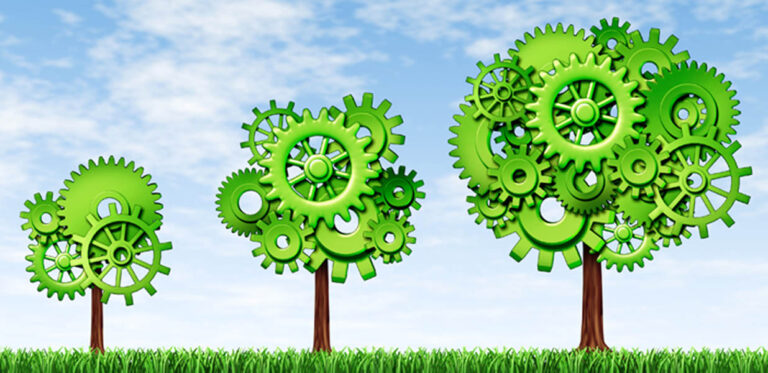There is a question that every person who practices Psychosynthesis fears more than any other question. When possible, he avoids it, he faces it with embarrassment, hides panic.The question is: what is Psychosynthesis?
Of course, the question is more than legitimate. A layman wants to know. What do we tell him? Usually, the answer is a generic babble that leaves everyone unsatisfied: “Psychosynthesis is a school of psychology founded by the psychiatrist Roberto Assagioli at the beginning of the last century …” and so on.
But it would be difficult to be exhaustive in a few words. After all, Psychosynthesis deals with visualisation and psychosomatics, humour and meditation, unconscious and educational performance, Eastern philosophies and human relations, Plato and Freud, psychoneuroimmunology and soul, creativity and addictions etc., etc.
How to explain everything in a few words and not leave out anything essential? On the other hand, it would be unfair to think that Psychosynthesis is a collection of randomly assembled techniques and ideas. Because it is a system with very precise coordinates. An open system, in which new contributions and discoveries can find hospitality, but with its unmistakable physiognomy.
If I had to get embarrassed and describe in a few words what Psychosynthesis is, I would say that it is a TRAINING IN THE ART OF LIVING and that is based on five fundamental points:
1- We hurt ourselves unnecessarily.
With wrong mental habits, prejudices, negative images of ourselves and others, remnants of past traumas, tensions that no longer have a reason to be, inner ghosts left too free, we harm ourselves and others. But with a few precautions, this work of unconscious self-harm can be avoided.
2-We can do ourselves good.
By this, I mean that there are some easy techniques with which we can improve the quality of our life. Just using them, we can put latent or misused energies at our service.
3-There are unexpressed potentials in us.
In any age of life, in any situation we find ourselves, there are resources of intelligence, strength, love, creativity in us which we have not yet manifested. We have not reached our final version yet. There is always room for some new development.
4-Even if we are conditioned by our genetic inheritance, by the society in which we live, by our history, by a thousand factors beyond our control, we still have a wide space of freedom in which we can make choices. Choices of values, ideas, behaviours.
5 – Relationships with others are fundamental.
By this, I mean that each of us not only has relationships with others, but it is these relationships, in the sense that the relationships we have with others are the substance of our life.
These relationships are strong and true, or weak and false; they are fertile or destructive; they are stuck or in progress; they are alive or dead. As our relationships are, so is our life. And luckily, we can change our relationships.
In reality, the only right way to understand what is Psychosynthesis is by getting into it little by little, understanding its concepts, and above all to practice it, because Psychosynthesis is above all practice.
For many years I have been trying to explain myself and explain what psychosynthesis is. And I always discover deeper levels, new aspects and perspectives. It is an exciting adventure because Psychosynthesis guides us to the discovery of what a human being is. And there is never an end to this discovery.
From ‘Introduzione alla Psicosintesi’ by Piero Ferrucci
Source @psicosintesiarezzo
[Credit : Association for the Advancement of Psychosynthesis ]
ICPPD’s Professional Certificate in Psychosynthesis (30 CPD Hours) commences January 2021. For course details, CLICK HERE.








